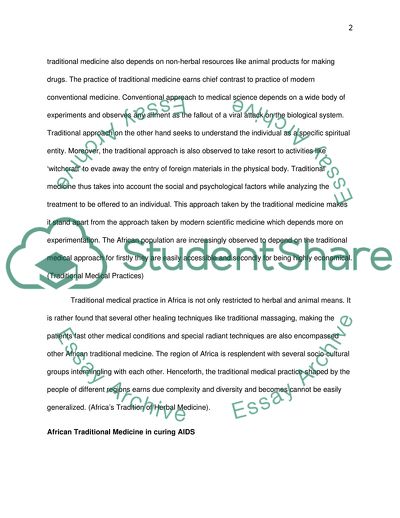Cite this document
(Role of Natural History and African Traditional Medicine Research Paper, n.d.)
Role of Natural History and African Traditional Medicine Research Paper. https://studentshare.org/medical-science/1747342-natural-history-and-african-traditional-medicine
Role of Natural History and African Traditional Medicine Research Paper. https://studentshare.org/medical-science/1747342-natural-history-and-african-traditional-medicine
(Role of Natural History and African Traditional Medicine Research Paper)
Role of Natural History and African Traditional Medicine Research Paper. https://studentshare.org/medical-science/1747342-natural-history-and-african-traditional-medicine.
Role of Natural History and African Traditional Medicine Research Paper. https://studentshare.org/medical-science/1747342-natural-history-and-african-traditional-medicine.
“Role of Natural History and African Traditional Medicine Research Paper”. https://studentshare.org/medical-science/1747342-natural-history-and-african-traditional-medicine.


